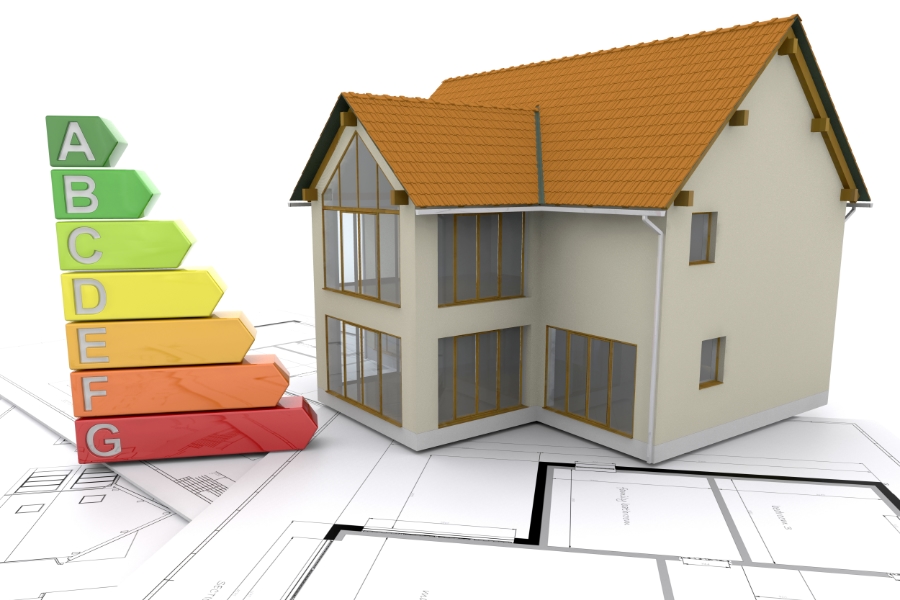Legal & Real Estate
Home, Garden & Decoration
Global Topics
Inside Ibiza
Health & Wellness
Ibiza Optimista
Published in Ibicasa Magazine on 15/08/2023

Ibiza’s fame and popularity as a place to live or visit grew rapidly throughout the 80s and 90s. The prices for housing consistently rose during those years to levels that were unimaginable just a decade before. But that was just a prelude to the much sharper rise that occurred from 1997 to 2007 as housing costs surged to new levels. It seemed like the real estate boom would never end, but it came to a screeching halt when the global financial crisis of 2007-2008 crippled our economies. (It is interesting to note that this crisis was primarily caused by a massive ‘bubble’ of over-priced housing in the US and other western countries). The Ibiza property market that had risen to new heights over the previous decade suddenly became frozen. The number of potential buyers dropped sharply, and many homes were taken off the market rather than be offered at a much lower price. For homes that needed to be sold the prices plummeted. It took some years for the world’s economy to recover, but by 2013 the crisis was over and the market for Ibiza real estate was once again rising.


The answer to both of these problems might come from the classic economic theory of supply and demand. Stated simply: when there is a scarcity of homes the prices rise; this spurs investors to construct more housing; as a result the housing shortage eases and prices stabilise. So the high prices in Ibiza should trigger a building boom, and this seems to be happening. Drive through Santa Eulalia or Jesus and you will see a forest of construction cranes, as apartment blocks are being constructed on every empty lot. Thousands of new flats will soon be available throughout Ibiza, and there is a similar reaction in the luxury market. In urbanizations like Roca Llisa many new homes are rising in locations that were formerly vacant. This is how the market is supposed to function, but will it work on Ibiza? An analysis of recent trends may hold the answer.

People buy homes here for three reasons: as their primary residence, as a holiday home or as an investment (to rent and/or resell). There is strong evidence that over 80% of higher-priced property sales are being purchased either as holiday homes or for investment. That means less than 20% will actually be lived in by island residents. In less expensive apartments the percentage of sales for residential use is likely somewhat higher, but even in that sector a large number are for holidays or investment. The result is that a substantial majority of the new homes that we are building will sit empty most of the year. This will not increase the number of houses available for island residents, and thus does not help to ease prices. Is there a way to control the problem of having so much “empty housing”, or is this an inevitable feature of popular tourist destinations? If so, then how will it be possible to retain the energy of freedom and nonconformity that made this island so special, if housing is unaffordable - particularly for young people?

Fortunately, the government and many local businesses are aware of the situation and are working on possible solutions. Several measures have recently gone into effect including new regulations to promote reasonable rental prices for workers and residents. The island government has also limited the amount of tourist rental licenses, and strengthened enforcement against non-licensed renters. In addition, they are continuing to safeguard our natural resources by banning new construction in some protected areas. An interesting proposal in this regard is to offset limitations on new building by legalizing the renovation of more old buildings. It is hoped that this type of progressive planning can balance the continued growth and prosperity of Ibiza, with our desire to protect its natural beauty and the uniqueness of its character.
Related Articles

Some Notary Functions are possible via...
Digital progress in Ibiza: New Law streamlines the work of international lawyers. The possibility of signing notarial deeds via videoconference since November 2023. Limitat... READ MORE
Digital progress in Ibiza: New Law streamlines the work of international lawyers. The possibility of signing notarial deeds via videoconference since November 2023. Limitations for security reasons but significant advances in the process. READ MORE

The Importance of the Energy Efficiency...
The energy efficiency certificate is essential for selling or renting properties in Ibiza. Rated from A to G, it assesses efficiency in aspects like heating, lighting, and ... READ MORE
The energy efficiency certificate is essential for selling or renting properties in Ibiza. Rated from A to G, it assesses efficiency in aspects like heating, lighting, and insulation. Important for buyers and mandatory for vacation rentals since 2021, it impacts the property's value. The "G" rati... READ MORE
.jpg?locale=en)
How can we reduce the Wealth Tax bill?
Wealth Tax (“Impuesto sobre el Patrimonio”) was abolished in Spain in 2008, but a few years ago it was brought back again at national level, and thus, also in Ibiza. This t... READ MORE
Wealth Tax (“Impuesto sobre el Patrimonio”) was abolished in Spain in 2008, but a few years ago it was brought back again at national level, and thus, also in Ibiza. This tax is applied both to residents and non-residents when the value of their belongings in Spain is over & above of 700,000 ... READ MORE
.jpg?locale=en)
An obstacle for non-EU buyers: obtainin...
Did you know that a Canadian citizen can freely buy an attic apartment in the centre of Ibiza, but is not allowed to buy an inland property, just a few miles from town, unl... READ MORE
Did you know that a Canadian citizen can freely buy an attic apartment in the centre of Ibiza, but is not allowed to buy an inland property, just a few miles from town, unless s/he receives a specific authorization from the Ministry of Defense?The fact that non-EU citizens cannot buy rural land w... READ MORE
© Copyright 2024
Ibicasa Home and Services.